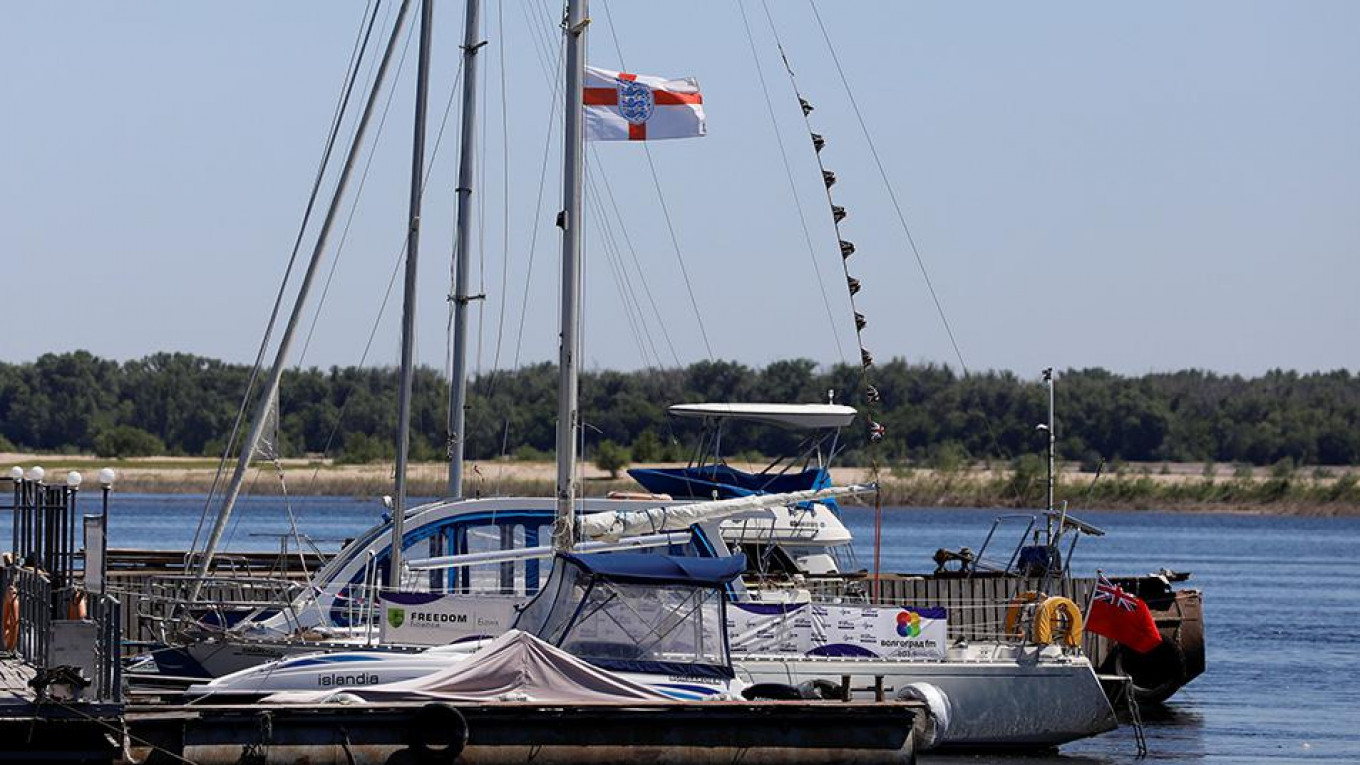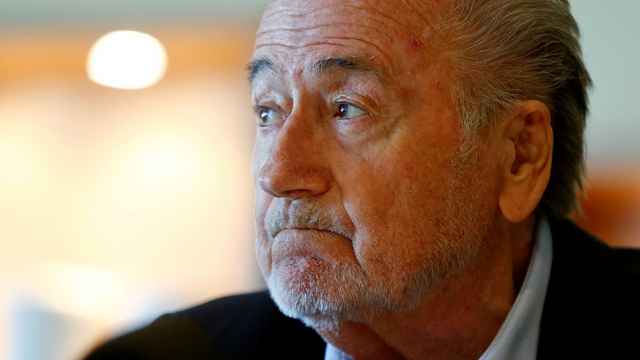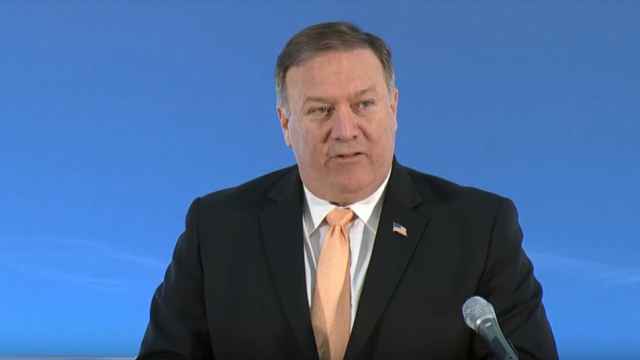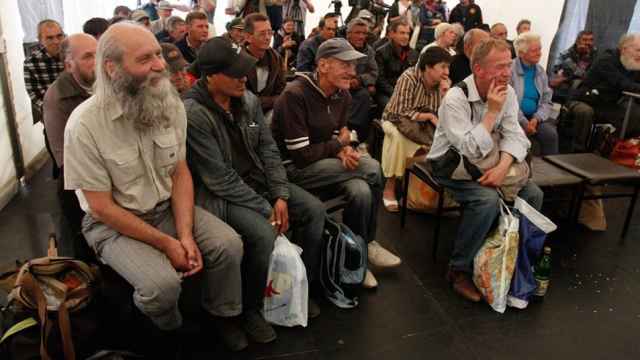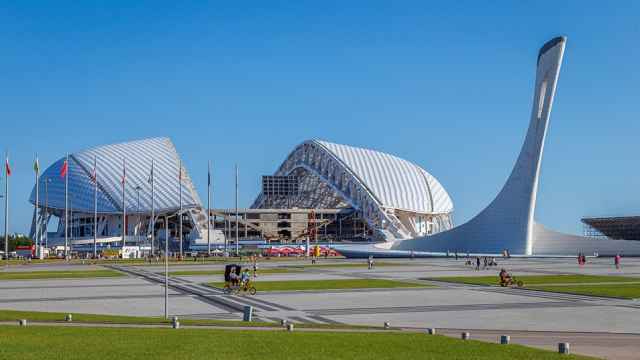Fewer England fans made the journey to watch their team's first World Cup match in Russia than some expected, but one made a special effort, sailing from Bulgaria to Volgograd on a yacht.
It took Graham Kentsley, originally from St. Albans in Hertfordshire, just over five weeks to make the around 2,000 kilometer (1,243 miles) journey, which he timed so that he would arrive in good time for England's first World Cup match against Tunisia in the southern Russia city of Volgograd.
"This idea has been hatching in my brain for a good number of years," said Kentsley, speaking in a pub near the World Cup fan zone in Volgograd.
"It was always in my mind that we'd get there just before the football with the World Cup coming to town and that it would be fun."
He will be watching England against Tunisia on Monday, he said, and attending other matches later in the tournament too.
Traveling aboard his 9.9 meter yacht "Sharlyn" with three other crew members, Kentsley set off from the end of the River Danube, traversed the Black Sea, and stopped off at Crimea, which Moscow annexed from Ukraine in 2014.
He then sailed beneath a new bridge connecting Crimea to Russia which President Vladimir Putin opened, before crossing the Sea of Azov and sailing up the Volga-Don Canal to Volgograd, which is located around 900 kilometers south of Moscow.
Choppy Waters
The journey had sometimes been tough, he said, with the crew braving rough waters, an electrical storm, Russian bureaucracy and worried at one point that they would be stopped by the Ukrainian Navy.
In Crimea, which Ukraine wants back, he said the authorities allowed his yacht to moor in the harbor alongside Russian submarines.
Kentsley knows Volgograd well because he was once married to a native of the city, which is famous for being the location of the Battle of Stalingrad, the bloodiest encounter of World War II.
Only a small contingent of die-hard English fans – estimated at up to 2,500 – have made the journey to see the start of their team's World Cup campaign in Russia, with many others put off by fears of violence and a diplomatic crisis between London and Moscow.
Kentsley said he thought the poisoning of a former Russian spy, Sergei Skripal, and his daughter Yulia in the English city of Salisbury in March and the diplomatic crisis that triggered between Britain and Russia was largely to blame.
"I think if the Skripal business hadn't happened we would have had 10,000 here," he said.
"It happened at a critical moment."
A Message from The Moscow Times:
Dear readers,
We are facing unprecedented challenges. Russia's Prosecutor General's Office has designated The Moscow Times as an "undesirable" organization, criminalizing our work and putting our staff at risk of prosecution. This follows our earlier unjust labeling as a "foreign agent."
These actions are direct attempts to silence independent journalism in Russia. The authorities claim our work "discredits the decisions of the Russian leadership." We see things differently: we strive to provide accurate, unbiased reporting on Russia.
We, the journalists of The Moscow Times, refuse to be silenced. But to continue our work, we need your help.
Your support, no matter how small, makes a world of difference. If you can, please support us monthly starting from just $2. It's quick to set up, and every contribution makes a significant impact.
By supporting The Moscow Times, you're defending open, independent journalism in the face of repression. Thank you for standing with us.
Remind me later.



